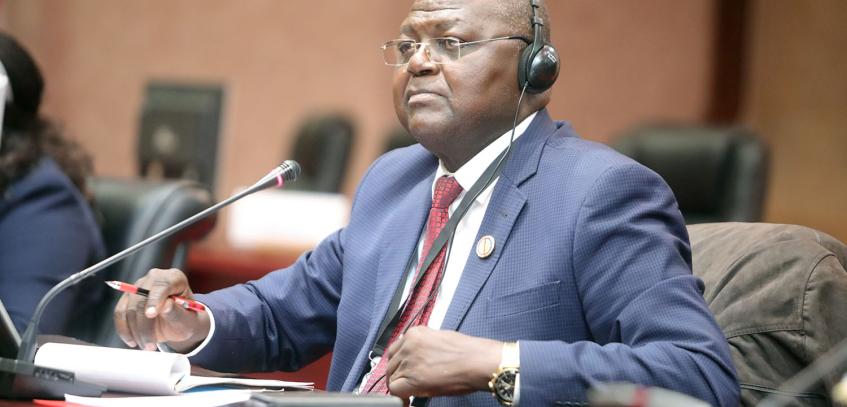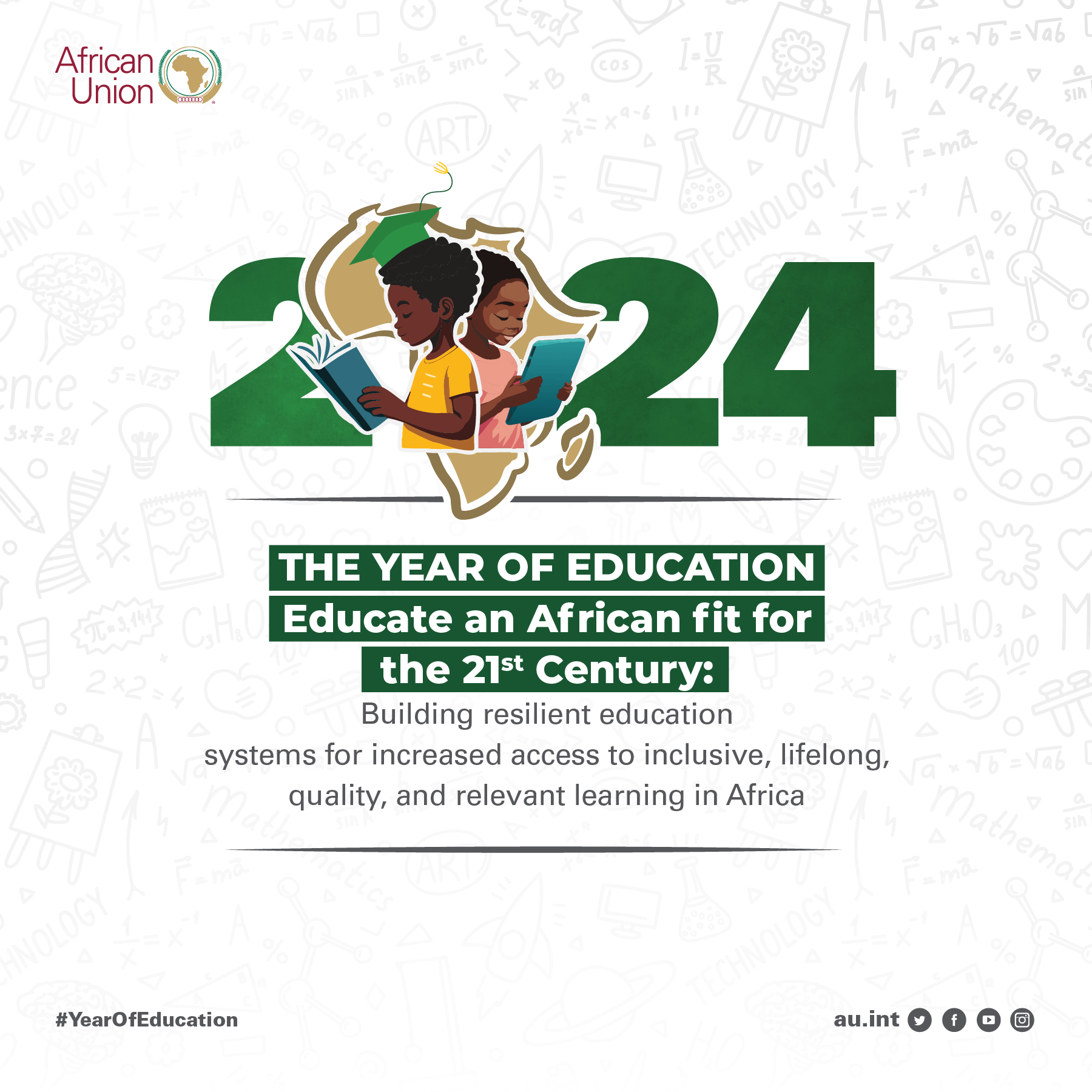The Pan-African Parliament Permanent Committee on Cooperation, International Relations, and Committee on Cooperation, International Relations and Conflicts Resolutions; Committee on Justice and Human Rights; and Committee on Rules, Privileges and Discipline convened to discuss the zero draft of the revised Organization of African Unity (OAU) Convention for the Elimination of Mercenaries in Africa. This significant session followed a recent briefing on Africa's peace and security landscape, underscoring the urgent need for updated measures.
Ms. Joseline Naimana and Mr. Samory Badona Monterio from the African Union Commission (AUC) Department of Political Affairs presented insights into the evolving threats posed by mercenaries across Africa. The original 1977 African Convention on Mercenarism, signed in Libreville, aimed to safeguard African sovereignty amid decolonization. However, the convention lacks provisions for modern challenges like cyber criminality and the proliferation of private military companies (PMCs).
Adopted less than one month after the 1977 Additional Protocols to the Geneva Conventions of 1949, the convention provides an extensive definition of mercenaries but lacks a "safeguard clause" applicable to international humanitarian law. Although the African Convention condemns mercenaries (Article 1), these activities are not considered a "grave breach" under Protocol I of 1977. The United Nations International Convention Against the Recruitment, Use, Financing, and Training of Mercenaries classifies mercenaries as an offense.
In 2018, the AU Commission on Security recommended regulating private security companies, further highlighting the need to revise the convention to address the proliferation of private military companies (PMCs) and the evolving security landscape.
The 12th Ordinary Meeting of the Specialized Technical Committee on Defence, Safety, and Security (STCDSS), held in Cairo on December 19, 2019, underscored the necessity of revising the OAU Convention. The President of Chad, Idriss Déby, was assassinated on April 20, 2021, prompting the African Union to spring into action in devising comprehensive measures against mercenaries.
The Deputy Chair of the Committee on Cooperation, International Relations, and Conflict Resolution Hon. Prof. Timoleon Baikoua acknowledged the complexity of defining mercenaries across different contexts: "Your intervention underscores the need for precise definitions that account for the complexities of mercenary activities, both national and international. This will guide our revisions effectively."
In the consultation, Hon. Pupurai Togarepi from Zimbabwe emphasized the destabilizing impact of foreign-sponsored mercenaries on African nations: "The new instability through Mercenarism is a foreign phenomenon, sponsored by powerful nations to impose their will on Africa. We must take a stand to eradicate this scourge and ensure it respects our sovereignty."
Hon. Salem Masoud Gnan of Libya highlighted the distinction between national and international mercenaries, urging unified action: "We must distinguish between national and international mercenaries. African nations must unite to render these groups powerless and protect our people.
Hon. Sawaibou Touray from Gambia raised concerns about the convention's applicability in internal conflicts involving state-invited mercenaries. "The challenge lies in how the convention addresses internal conflicts involving mercenaries invited by state authorities. Clarification on legal implications is crucial for effective implementation, " he said.
Hon. Jean Marie Nibirantijie of Burundi stressed the need for accountability amid ongoing conflicts saying, "While I support the revised convention, current conflicts in Africa demand a mechanism for accountability. The role of the African Court of Justice must be clarified to ensure it addresses acts of mercenaries effectively."
During the consultation, legal expert Clement Mavhungu emphasized the importance of revising the convention to address new forms of violence, including cyber criminality, and to broaden the definition of mercenaries to include ideological motivations and complicity. The Montreux Document, which delineates the relationship between PMCs and mercenaries, was also considered in the revision process.
The consultation concluded with a commitment to present the draft revision to the AU Security Council in 2023. Pan-African Parliament MPs are urged to advocate for its ratification within their national parliaments. The revised convention aims to regulate PMCs, address governance and human rights concerns, and strengthen Africa's resilience against mercenaries.
The Permanent Committee's efforts mark a crucial step towards achieving peace and stability in Africa, aligning with the African Union's 2024 theme, "Educate and Skill Africa for the 21st Century." The recommendations from this consultation will guide further discussions in national parliaments, the PSC Military Staff Committee, and other technical bodies before final submission to the Executive Council.









